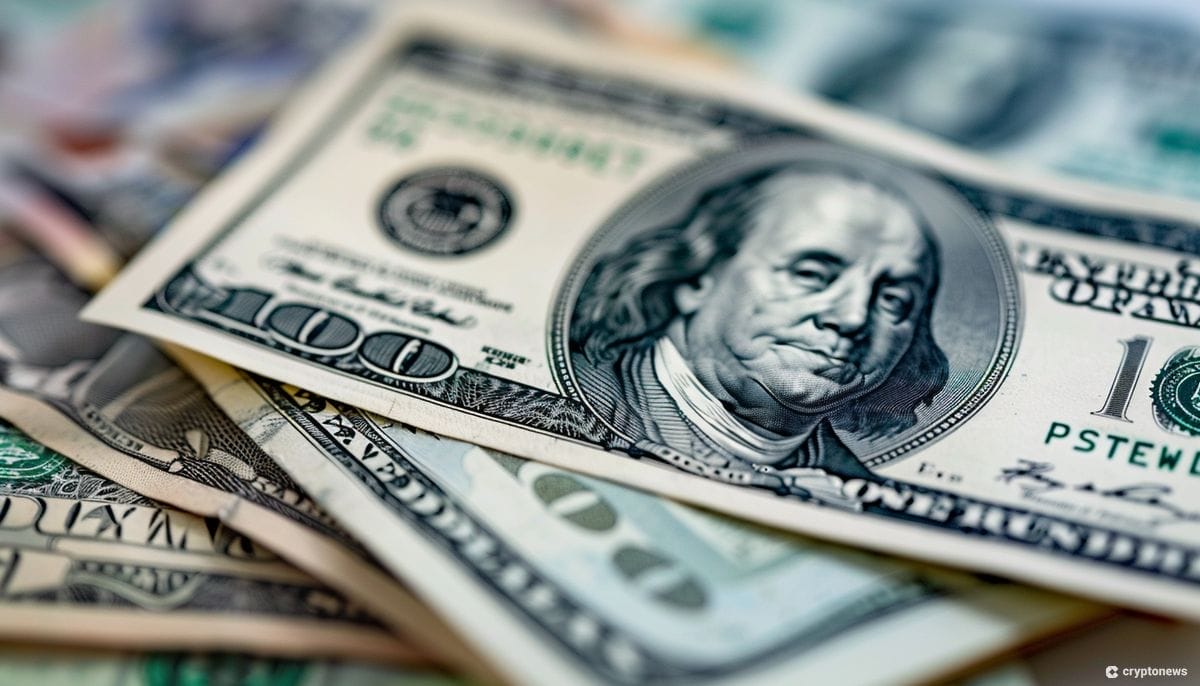The ongoing bankruptcy proceedings of FTX have seen three groups filing claims over the assets seized from Sam Bankman-Fried after his criminal conviction. The debtors’ estate of FTX, now led by John Ray III, filed a claim asserting its right to six categories of assets seized by government prosecutors. These assets include funds held in banks in the name of FTX-related entities, two private jets, funds held at Silvergate bank, political contributions, and proceeds from the sale of Robinhood shares held by an FTX entity called Emergent.
The debtors’ estate argues that these assets never belonged to Bankman-Fried as they were acquired through criminal activities. They claim that all the specific properties were held in the name of FTX Digital or a debtor entity and were funded by debtor assets. Granting their claim over the assets would benefit all creditors, including victims of Bankman-Fried’s crimes. However, two other claims have been filed over some of the assets, raising complications in the bankruptcy proceedings.
Emergent and its liquidators assert that Emergent still holds title to the Robinhood shares and proceeds from their sale, despite Bankman-Fried’s ownership interest in the entity. Additionally, lawyers representing FTX creditors in a class-action suit have filed their claims to several seized assets, arguing that assets should be returned to customers rather than the debtors’ estate. The class-action suit aims for an in-kind distribution of assets to creditors, raising concerns about conflicts of interest within the debtors’ estate.
Sam Bankman-Fried, the founder of FTX, has been sentenced to 25 years in prison following his conviction on all seven counts related to fraud and money laundering. Before his sentencing, the Department of Justice sought a severe 40 to 50-year prison term for Bankman-Fried, highlighting the devastating consequences of FTX’s collapse. The bankruptcy proceedings have seen various claims filed over the seized assets, with differing opinions on how they should be distributed among creditors and stakeholders in the case.
The debtors’ estate argues that assets seized from Bankman-Fried never belonged to him and should be used for the benefit of all creditors, including victims of his crimes. Emergent asserts its claim over the Robinhood shares and proceeds, while lawyers representing creditors in a class-action suit argue for assets to be returned to customers for a fair distribution. With hearings yet to be scheduled to adjudicate the claims, the bankruptcy proceedings continue with complexities arising from the differing claims over the seized assets and their distribution.
The bankruptcy proceedings of FTX following Sam Bankman-Fried’s conviction have seen multiple claims filed over the seized assets, adding complexity to the distribution process among creditors and stakeholders. The debtors’ estate, Emergent, and lawyers representing creditors have each filed claims asserting their rights to different assets seized from Bankman-Fried. As discussions continue to explore potential resolutions, concerns about conflicts of interest and fair distribution remain at the forefront of the proceedings. With no specific dates set for hearings to adjudicate the claims, the outcome of the bankruptcy proceedings remains uncertain as various parties vie for their share of the seized assets.











